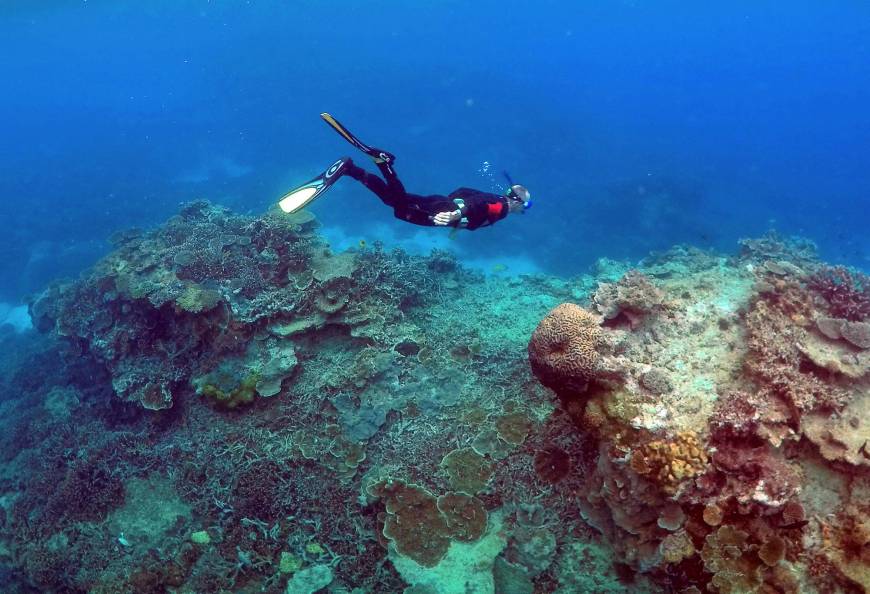Deep Reefs are not a Safe Refuge After all

A team of divers from the US have studied quite unknown reefs from the West Atlantic and Pacific Ocean. The reefs were located around 100-500 ft. (30-150 meters) deep underwater, where there is no sunlight. What was found is that most of the species of fish and corals were different than those that were closer to the surface.
Shocking findings
According to the lead author of this new study that was recently published in the journal Science, Luiz Rocha, the new findings came as a surprise. Apparently, less than 5% of corals and fish were found in the waters, both shallow and deep, contrary to the expectations the scientists had until now, who estimated approx. 60-70%.
It was believed that deep waters comprising deep coral reefs could be a good refuge for marine life that could try to get as far as possible from pollution and would try to avoid climate change. However, as it was discovered on Thursday, this was not the case. Much to the amazement of the scientists, the deeps reefs, just like the shallow ones, are also facing threats like pollution and climate change.
For example, the divers discovered deep corals that were affected by the warm waters of the Bahamas, and plastic fishing nets entangled on the deep corals of the Philippines.
Deep reefs need more protection
Rocha also mentioned that the team of scientists have tried to put temperature sensors at the lowest level of the ocean, in the twilight zone, in order to determine exactly how far the deep reefs were exposed to the rising ocean temperatures. At the surface, the temperatures are the most extreme. It seems that deep reefs were found in the same ocean area all over the world as shallow reefs. The author of the study suggested that we should put more effort into protecting and maintaining the deep reefs.
0 comments